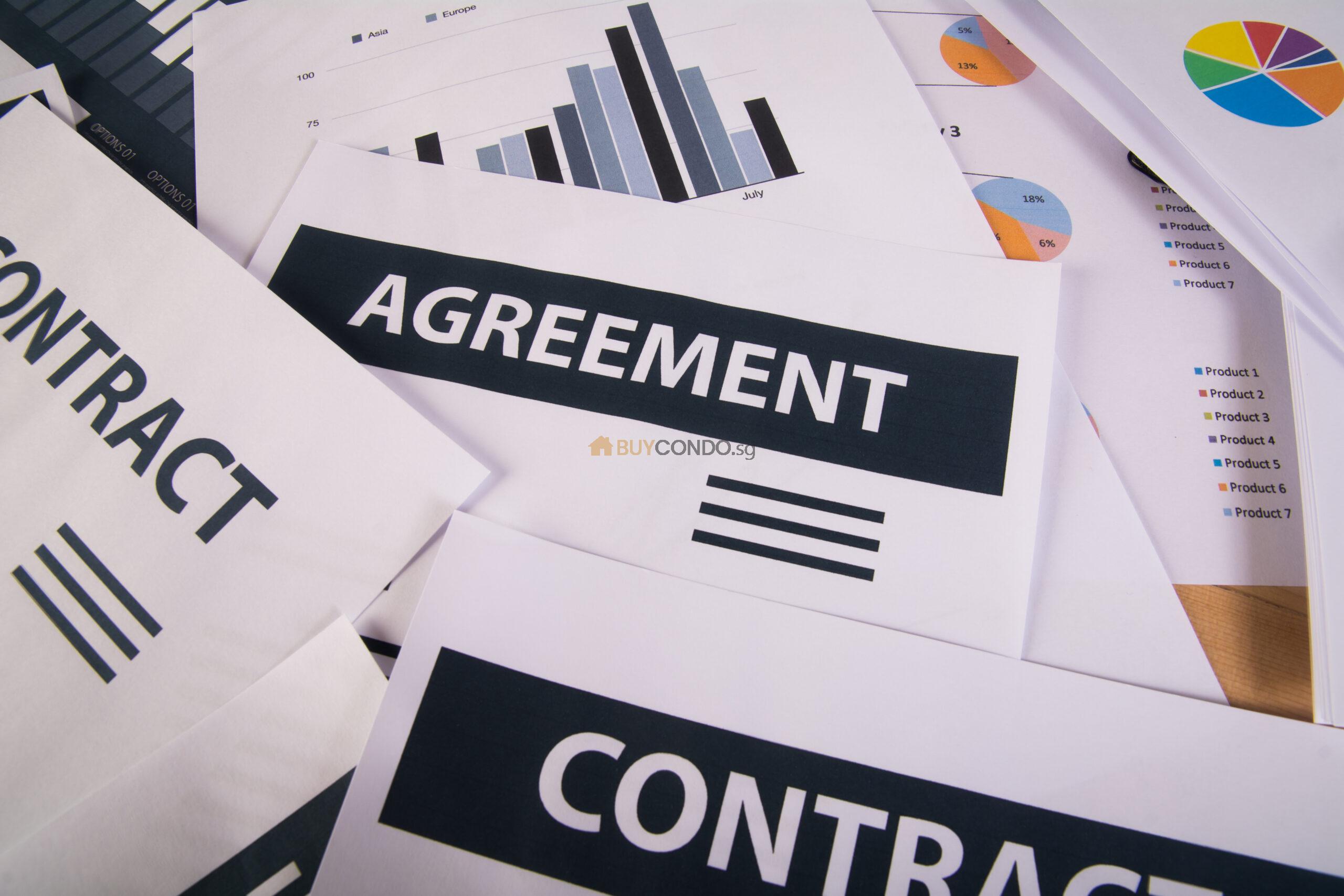
Introduction
Illegal subletting is a significant issue in Singapore, and understanding its legal ramifications is crucial for anyone involved in the rental market. This practice, which involves tenants renting out a space without the landlord’s consent, can lead to serious legal consequences for all parties involved. In this article, we aim to provide a comprehensive guide on illegal subletting in Singapore, delving into the intricacies of subletting laws, the definition of illegal subletting, the penalties and consequences, and the ways to report and prevent it. This information is geared towards helping individuals navigate the rental landscape in Singapore while ensuring strict compliance with the law.
Illegal subletting can have far-reaching implications for landlords and tenants alike. For landlords, it can result in financial losses, damage to their property, and potential legal complications. For tenants, illegal subletting can lead to eviction, loss of their security deposit, and increased difficulty in securing future accommodation. As such, gaining a thorough understanding of the laws and regulations surrounding subletting in Singapore is of paramount importance.
Over the years, the Singaporean government has taken stringent measures to curb the issue of illegal subletting. The penalties for non-compliance can be severe and have been progressively ramped up to deter potential offenders. This underscores the Singapore government’s commitment to maintaining a safe and secure living environment for its residents.
Subletting Laws in Singapore
Singapore’s subletting laws permit the subletting of private property under certain conditions.The Urban Redevelopment Authority (URA), Singapore’s national urban planning authority, stipulates that the minimum rental lease duration for subletting private property is three consecutive months. This means that short-term leases, often associated with platforms like Airbnb, are considered illegal.
However, landlords must give their consent before any subletting can take place. Most tenancy agreements typically have clauses that prohibit subletting, and hence it is the tenant’s responsibility to seek their landlord’s permission before proceeding. For instance, a tenant may need to sublet due to unforeseen circumstances such as a sudden job relocation. In such a case, they would need to approach their landlord, explain the situation, and seek their consent.
Short-term subletting is prohibited in Singapore due to a multitude of reasons. Key among them are concerns about residential security, privacy, noise pollution, damage to facilities, and fire risk. For example, a residential building with frequent short-term tenants could face security risks due to the constant influx of strangers. Noise pollution could arise from parties or gatherings held by short-term tenants, impacting the peaceful living conditions of other residents.
The URA also enforces a maximum occupancy cap of six unrelated individuals per property unit, preventing overcrowding and ensuring the property remains conducive for living. Apart from this, the partitioning of a property unit, often done to create additional rooms for subletting, requires planning permission and must not interfere with the unit’s function as a residential space. This regulation prevents landlords from modifying their properties excessively, thereby maintaining the quality and safety of Singapore’s housing stock.
Illegal Subletting: Definition and Consequences
Illegal subletting is defined as the act of a tenant renting out a space without the knowledge and consent of the landlord. In Singapore, a key point to note is that subletting is not permitted for Housing and Development Board (HDB) flats. This is in line with the purpose of HDB flats, which are primarily meant for owner-occupation. Non-compliance with these rules constitutes a breach of the terms and conditions of the HDB flat lease.
The penalties for illegal subletting in Singapore can be quite severe, reflecting the government’s stern stance against this practice. Offenders may face hefty fines, license revocations, and even court prosecution. The specific penalties depend on the severity of the offence. For instance, a tenant who illegally sublets a room in their rented apartment without the landlord’s consent may be fined a few thousand dollars, while a landlord who illegally sublets an entire HDB flat to multiple tenants could face a fine amounting to tens of thousands of dollars.
Recent cases of illegal subletting have highlighted the seriousness of this issue. In one notable case, the landlord of an HDB flat was fined $10,000 for illegally subletting his property to 20 foreign workers. In another case, a tenant was penalized with a $6,000 fine for subletting his HDB flat to various subtenants without informing his landlord. These cases serve as stark reminders of the potential consequences one may face if found guilty of illegal subletting.
Interestingly, the law also holds other parties accountable for illegal subletting. Estate agents who knowingly facilitate illegal subletting, as well as employers who house foreign workers in poor conditions, can be penalized. Authorities are committed to ensuring that all parties involved in the rental process act ethically and responsibly, thus maintaining the integrity of the rental market.
Reporting and Preventing Illegal Subletting
To curb illegal subletting, it is imperative to report instances of suspected illegal subletting to the authorities. Individuals who encounter such cases can provide information to the relevant agencies, who can then initiate investigations. This might include details of the property, the suspected subletter, and any other pertinent information that might aid in the investigation. By reporting illegal subletting, individuals can assist in enforcing subletting regulations, thereby helping to uphold the integrity of the rental market.
Preventive measures are also crucial in combating illegal subletting. Landlords can adopt various strategies to prevent their properties from being illegally sublet. For starters, it’s vital to meet tenants before the commencement of the tenancy. This not only allows landlords to establish a rapport with their tenants but also ensures that the tenants are aware of all the rules and regulations.Moreover, landlords should ensure that the tenancy contract explicitly states that subletting is not permitted without their consent.
Regular property checks, including surprise visits, can also help landlords spot signs of illegal subletting early. These signs might include an unusually large number of slippers and shoes outside the house, replaced locks, excessive toiletries, utensils, or clothes, and furniture being replaced with bunk beds. By staying vigilant and proactive, landlords can significantly reduce the risk of illegal subletting in their properties.
Enforcement of Subletting Regulations
Government authorities such as the Urban Redevelopment Authority (URA) play a pivotal role in enforcing subletting regulations in Singapore. They actively work to raise public awareness about the regulations and identify units suspected of breaching these rules. The URA’s enforcement powers include the ability to issue composition fines for marginal breaches of the regulations.
In the case of more serious offenses, offenders can be prosecuted in court, where they may face substantial fines and potentially imprisonment. Enforcement efforts over the past few years have led to the investigation of a significant number of cases, the issuance of fines, and legal action against individuals and companies involved in illegal subletting. In 2020 alone, the URA investigated an estimated 2,300 cases of illegal subletting and issued fines to offenders.
The authorities also take action against complicit estate agents and employers who house foreign workers in substandard conditions. These parties can face fines, license revocations, and other legal consequences for their involvement in illegal subletting. This commitment to holding all parties accountable underscores the government’s efforts to ensure that everyone involved in the rental market adheres to the regulations.
Conclusion
Illegal subletting is a serious offense in Singapore and carries significant penalties. Both landlords and tenants must be aware of the subletting laws, understand what constitutes illegal subletting, and take preventive measures to avoid engaging in or falling victim to this practice. Reporting suspected cases is also crucial in helping the authorities enforce subletting regulations. It is vital to comply with the law to maintain the integrity of the rental market and ensure a safe and secure living environment for all. Individuals can seek legal advice for more detailed information on housing and tenancy disputes.













